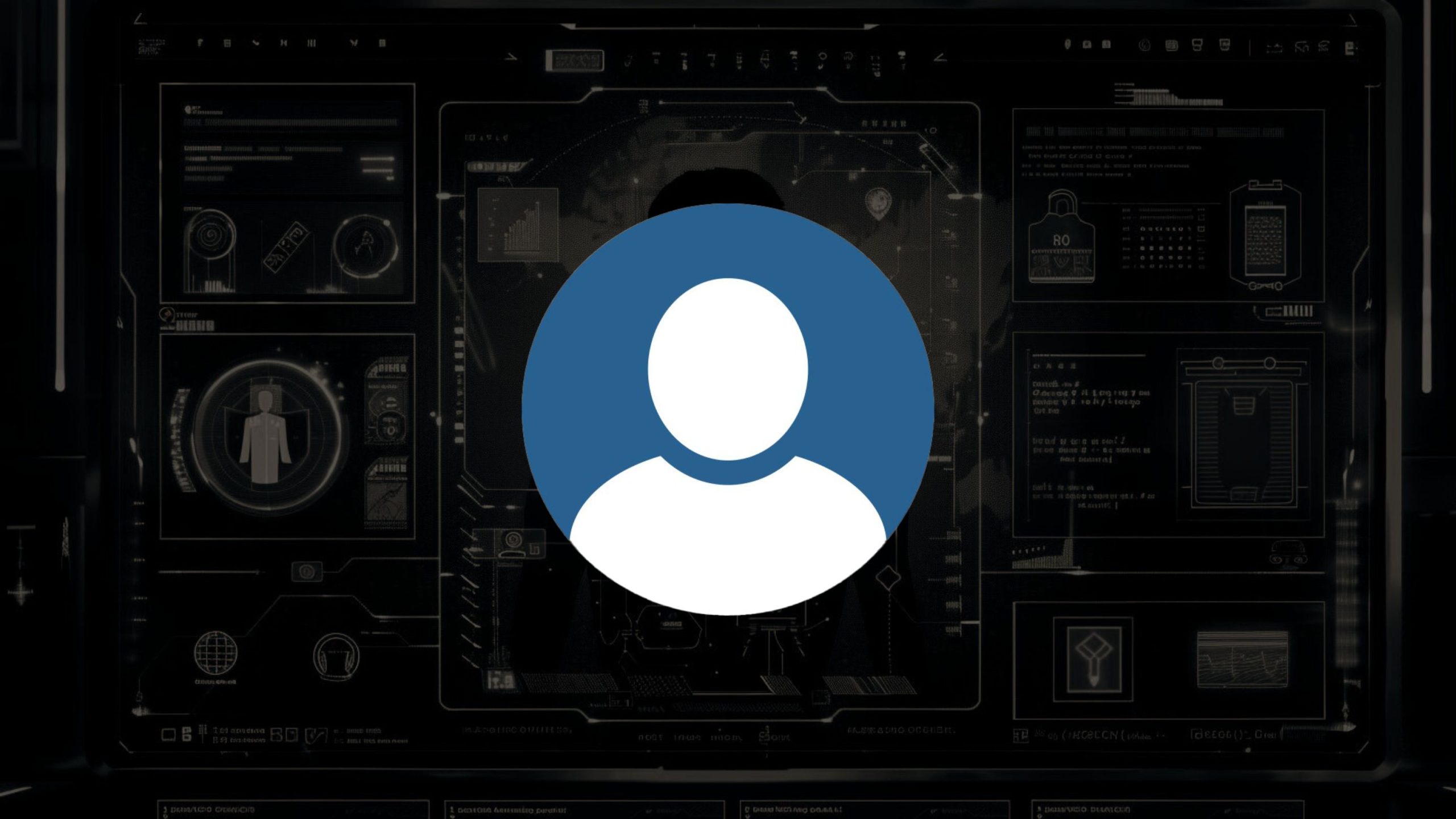Florida Governor Ron DeSantis has signed the state’s age verification law, HB 3, banning minors younger than 14 from having social media accounts, while those under 16 must have parental consent, going forward.
In order for the law to make sense, in technical terms, social platforms clearly must be able to digitally verify their users age/ID. And once this is done, those under 14 who already have accounts will have them terminated, the law mandates.
Related: The 2024 Digital ID and Online Age Verification Agenda
As ever, there are coinciding and juxtaposed arguments in favor and against the law. They all purport to “care for the children” – but while supporters of the law say social media playground is a dangerous one, those opposing it see the harm as the right to anonymity online is removed and digital ID is pushed.
Reclaim Your Digital Freedom.
Get unfiltered coverage of surveillance, censorship, and the technology threatening your civil liberties.
Interestingly, the proposals rely heavily on mental health arguments: the former to stress how harmful social platforms can be, in the words of DeSantis, “in a variety of ways” (anxiety, depression, both…) – while the latter play on the “isolation” card.
Namely, the fact that isolating people of any age from a social environment, albeit a virtual one, is harmful in and of itself. (One wonders, though, if those promoting this take on the law had the same sentiment about Covid restrictions and surveillance and the radical social isolation it imposed on EVERYONE).
Regardless, the new Florida law is the result of a “rewrite” – the original passed by the state legislature in February banned everyone younger than 16 from social media. The governor, however, disagreed and vetoed it, on the grounds that it removed parents’ rights from the equation.
Hence the provision that will let those aged 14-16 have social media accounts, if their parents consent to it. The whole thing is supposed to come into effect on the first day of 2025.
Seemingly more substantial than the “forcing children into isolation” argument against the law is that it is simply not constitutional, specifically pertaining to the First Amendment and the right of parents vs. government(s).




